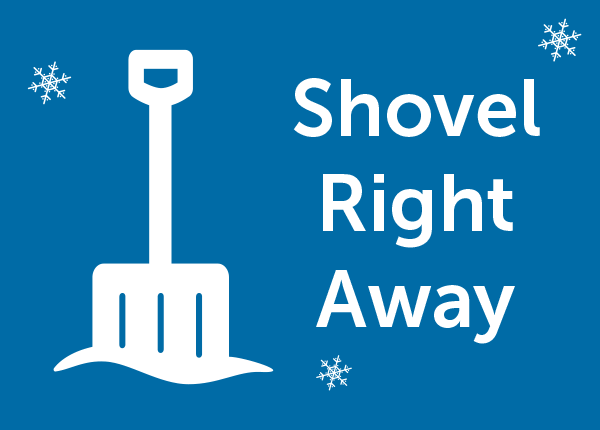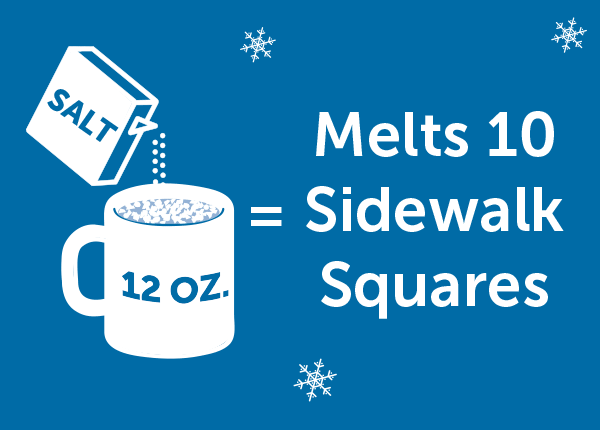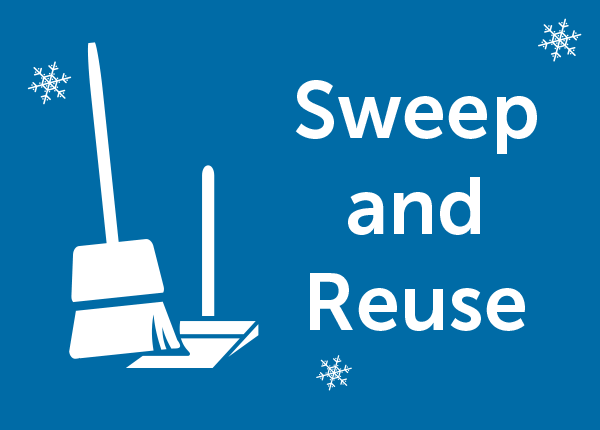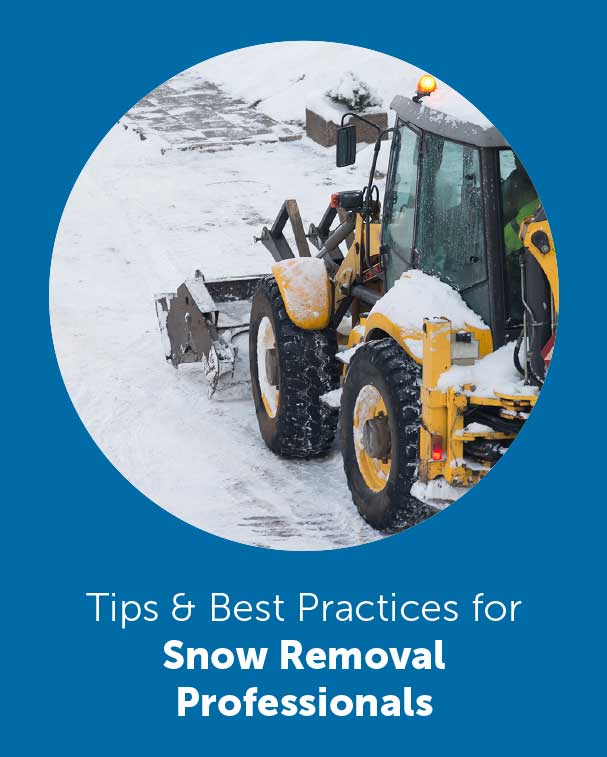Winter Salt Management
Road salt (sodium chloride) can be a very useful tool for keeping our roads and walkways safe in winter. However, using salt to melt ice corrodes concrete and masonry, poses dangers for pets and wildlife, damages surrounding plants and lawns, and harms our local streams and rivers. It can even contaminate our drinking water supply. As Montgomery County grows, salt levels have been steadily increasing in our waterways. Once in our waterways, salt is extremely difficult and expensive to remove.
By using the right amount of salt, or using salt alternatives, we can ensure safety, and reduce damage to our environment. This website provides tips and best practices to follow when winter weather arises. For additional information about winter weather in Montgomery County, such as school closings and plowing schedules, please visit MCDOT’s Winter Storm Information Portal.
Be Salt-Wise Video
Don't be Salty ... Be Salt-Wise!
It's Easy as 1,2,3 ...



Salt Problems for INFRASTRUCTURE
Salt is corrosive to our infrastructure. It can accelerate the deterioration of concrete, cause scaling of pipes, corrosion to aluminum and steel and damage vehicles, bridges, roads, and buildings. Because of its corrosive nature, salt use can lead to economic concerns by Prematurely increasing the maintenance, repair, and replacement of these structures. This can weigh heavily on wallets. If not managed properly, salt can also damage the natural structure of our soils and reduce their ability to support plant growth.
Salt Concerns for HUMANS HEALTH
Salt in drinking water can pose a health risk to people on a sodium restricted diet or with concerns of hypertension, kidney ailments or a history of stroke. The Environmental Protection Agency (EPA) has drinking water guidelines for people on severely restricted sodium diets.
In Montgomery County, for residents who do not have a well, our drinking water comes from the Potomac and Patuxent Rivers. While this water is filtered at treatment facilities, sodium is not removed from the water. This can be an expensive process. For information on sodium levels at local water supply reservoirs, visit the WSSC Water website.
Get Involved: You can also get involved by monitoring our local streams by joining a local watershed group or through the Izaak Walton League’s WinterSalt Watch program.
Salt Issues for PETS
Road salt can be harmful to our pets! Sensitivity and irritation to pet paws, toes, feet, and skin can occur from exposure to salt.
Problems can arise if a pet eats salt or licks their paws after a walk. Excess salt can cause toxicity concerns and other health problems. You can keep your pets healthy by shoveling first, and applying only the right amount of salt or pet safe de-icer products to keep sidewalks safe and pets happy and healthy.
Additional Resources
- Maryland Department of the Environment
- For a visual look at the role salt plays in Maryland, check out the storymap from MDE.
- MCDOT Winter Storm Information Portal
- WSSC Water
- Cary Institute of Ecosystem Studies

